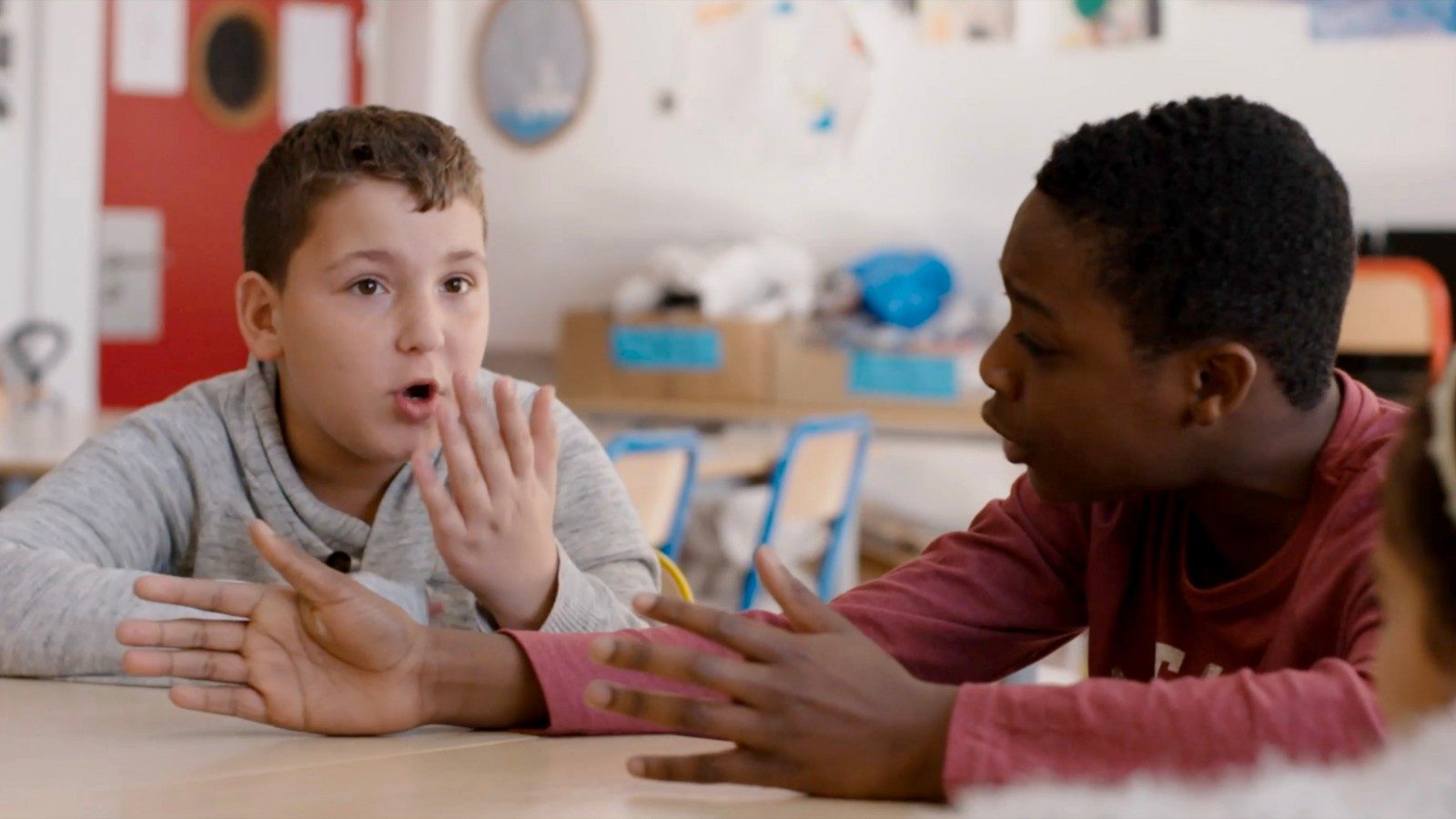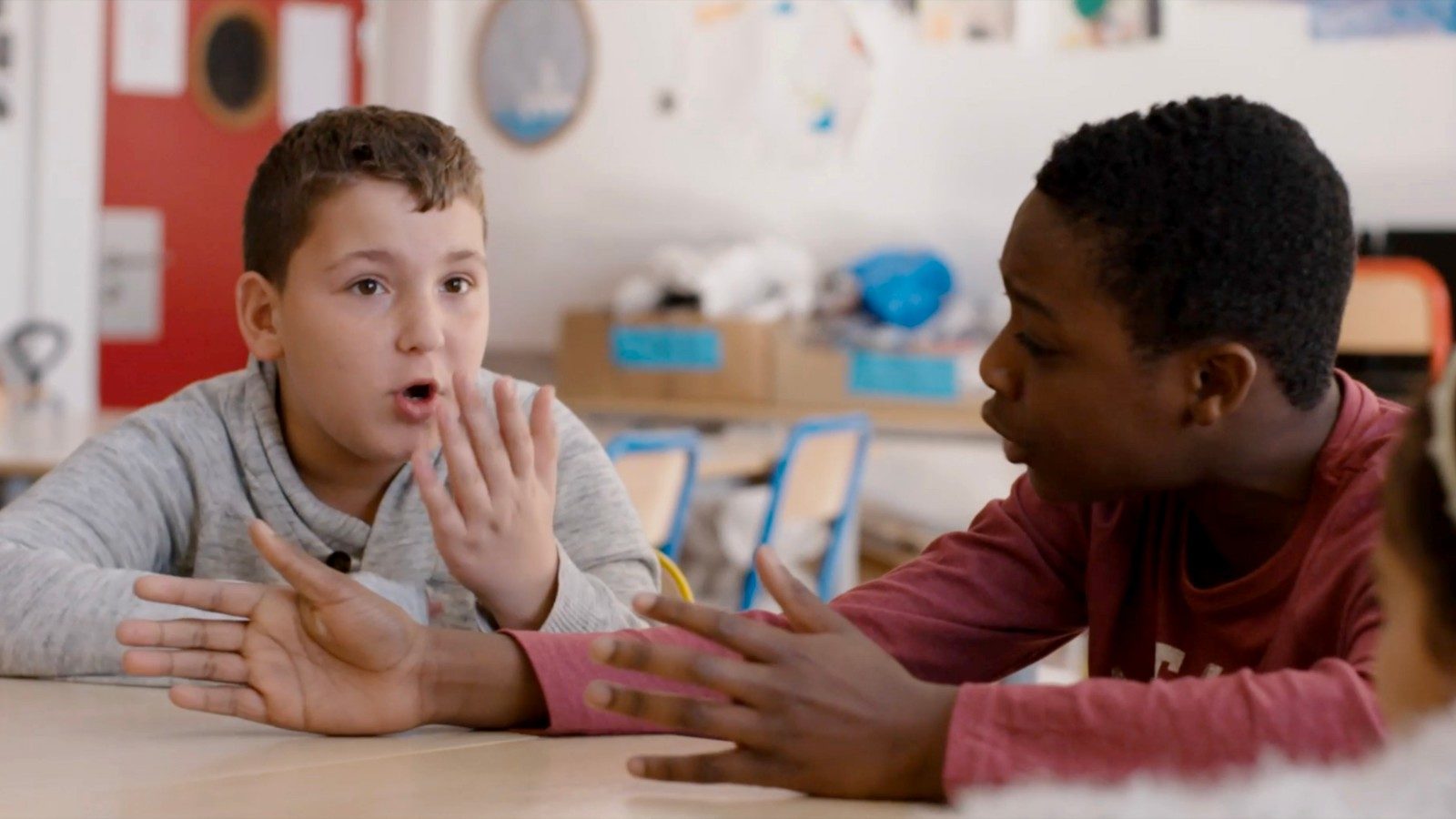[ad_1]

Éric Baudelaire, Un Film dramatique (still), 2019.
COURTESY THE ARTIST
This year’s winner of France’s biggest art prize, the Prix Marcel Duchamp, has been revealed: Éric Baudelaire.
Facilitated by the Centre Pompidou in Paris and the Association pour la Diffusion Internationale de l’Art Français, the prize has been given annually to an artist working in France since 2001. It comes with €35,000 (about $38,600), and has been given to people who have gone on to have illustrious careers on the international circuit after winning.
Also nominated for the Prix Marcel Duchamp this year were Katinka Bock, Marguerite Humeau, and Ida Tursic & Wilfried Mille.
Baudelaire’s win makes him the second filmmaker in a row—and the second filmmaker ever—to win the Prix Marcel Duchamp, which has historically gone to painters and sculptors. Last year’s winner, Clément Cogitore, became the first filmmaker to take home the award.
Thought not especially well-known in the art world, Baudelaire has become an important figure on the global film festival circuit. His most recent film, Un Film dramatique, is a documentary focused on students at the Dora Maar Middle School in Saint-Denis, a suburb of Paris that is home to communities that have long been marginalized in French culture. Earlier this month, the film, which was shot over the course of four years, made its U.S. premiere at the New York Film Festival. At the Centre Pompidou, as part of an exhibition of the nominees for the prize, he is showing a related work, Tu peux prendre ton temps (You Can Take Your Time).
Baudelaire, who was born in Salt Lake City, Utah, and is based in Paris, has several other features under his belt, all of which take an experimental, essayistic approach to documentary filmmaking. His films have played both at festivals and in galleries—something that he has previously attributed to the hard-to-classify quality of his filmmaking. “In my mind, I make no distinction whatsoever between experimental film, video art, narrative, and documentary,” he once told the Brooklyn Rail.
In 2017, for example, Baudelaire debuted a project at the Centre Pompidou called “Après” (After), an exhibition intended as a meditation on the aftermath of the 2015 terrorist attacks in Paris. He showed his film Also Known as Jihadi (2017), which follows a young French-Algerian man who leaves the country to join a cell in Syria. His story is told purely through images of landscapes and documents; we never see the real person Baudelaire is referencing.
Baudelaire was selected by a jury that included Bernard Blistène, the director of the Centre Pompidou; Joao Fernandes, the deputy director of the Museo Reina Sofia in Madrid; Gilles Fuchs, the president of ADIAF; Jean de Loisy, the director of the Beaux-Arts de Paris; Afroditi Panagiotakou, the cultural director of the Onassis Foundation; Catherine Petitgas, the president of Fluxus Art Projects and International Council of Tate; and Akemi Shiraha, a representative for the Marcel Duchamp Association.
[ad_2]
Source link

